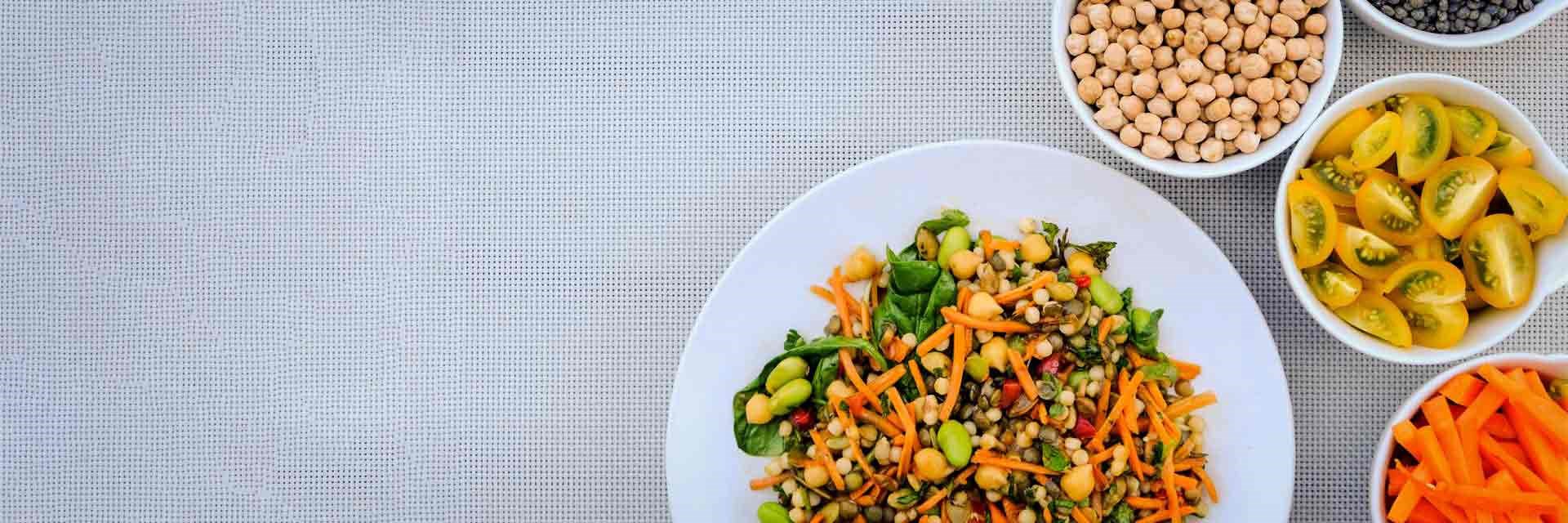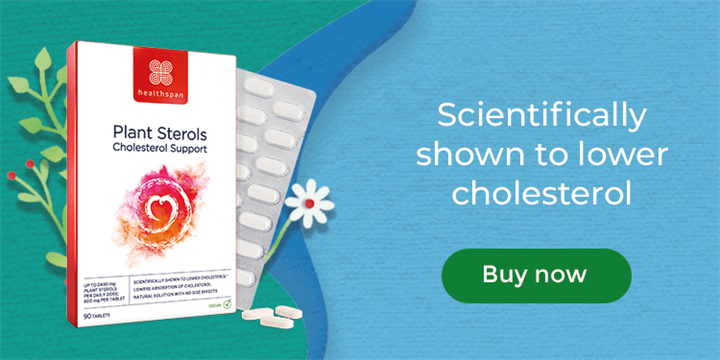
Advice centre: expert health advice
Latest advice articles

Could turmeric be more effective than glucosamine when it comes to alleviating joint pain? Here's what the research tells us.
Learn more 
Studies show that turmeric's anti-inflammatory properties can help with a variety of joint problems. Here's what the science tells us.
Learn more 
Look after your joints and keep doing the things you love. Read Dr Hilary's top tips for keeping flexible, looking after your cartilage and maintaining collagen.
Learn more 
Fitness instructor Steph Charlwood talks staying strong, why it's important as we get older and how all of us can do it.
Learn more Latest Guides

Could turmeric be more effective than glucosamine when it comes to alleviating joint pain? Here's what the research tells us.
Learn more 
Studies show that turmeric's anti-inflammatory properties can help with a variety of joint problems. Here's what the science tells us.
Learn more 
Could saffron supplements lift your mood and libido and help you sleep? Eva Gizowska looks at the evidence.
Learn more 
Magnesium is vital for many processes essential to good health. Dr Hilary Jones explains what magnesium does, why you need it and the impact of deficiency.
Learn more Latest Mind articles

With tips on everything from your bedroom environment to your diet, Rob Hobson, nutritionist and author of 'The Art of Sleeping', shares his sleep tips.
Learn more 
From the rest and relaxation, to the winter walks and seasonal vegetables, you might be having a healthier time than you think.
Learn more 
There's a skill to setting goals and making changes that stick, says health writer Charlotte Haigh. Here's what you need to know.
Learn more 
Psychotherapist Sally Brown discusses stress, how it affects our body and how to manage it.
Learn more Latest Body articles

Look after your joints and keep doing the things you love. Read Dr Hilary's top tips for keeping flexible, looking after your cartilage and maintaining collagen.
Learn more 
Fitness instructor Steph Charlwood talks staying strong, why it's important as we get older and how all of us can do it.
Learn more 
Leg cramps are a common condition that can ruin a good night's sleep. Jane Collins explains why they occur, and the steps you can take to stop them.
Learn more 
This common condition of the nervous system causes an overwhelming urge to move your legs – but treatments and lifestyle changes can help you find relief.
Learn more Latest Fitness Nutrition articles

If you've fallen out of the habit, getting back into exercise can be tricky. Personal trainer Nicola Addison gives her tips on how to start exercising – and carry on.
Learn more 
Long COVID symptoms include fatigue, headaches, brain fog and muscle pain, but diet and lifestyle changes can help.
Learn more 
Find out about this 5,000-year-old health system, including how the pitta, kapha and vata doshas can affect your body type, personality and wellbeing.
Learn more 
Carbohydrates have a bad reputation, but they provide important health benefits and are a vital part of a balanced diet.
Learn more Healthy Recipes

Fragrant and full of flavour, this dish from nutritionist Rob Hobson uses freekeh for a rich and nutty flavour, together with turmeric and cumin.
Learn more 
Try this heart-healthy, protein-rich recipe from nutritionist Rob Hobson. Suitable for lunch or a light dinner, it's quick and easy to make.
Learn more 
Nutritionist Rob Hobson cooks up a nutritious alternative to takeaway kebabs, perfect for enjoying in the warmer weather.
Learn more 
Fresh, wholesome and summery, try these crêpes by nutritionist Rob Hobson, made with buckwheat (rich in iron, zinc and magnesium).
Learn more Newsletter Sign Up Close







